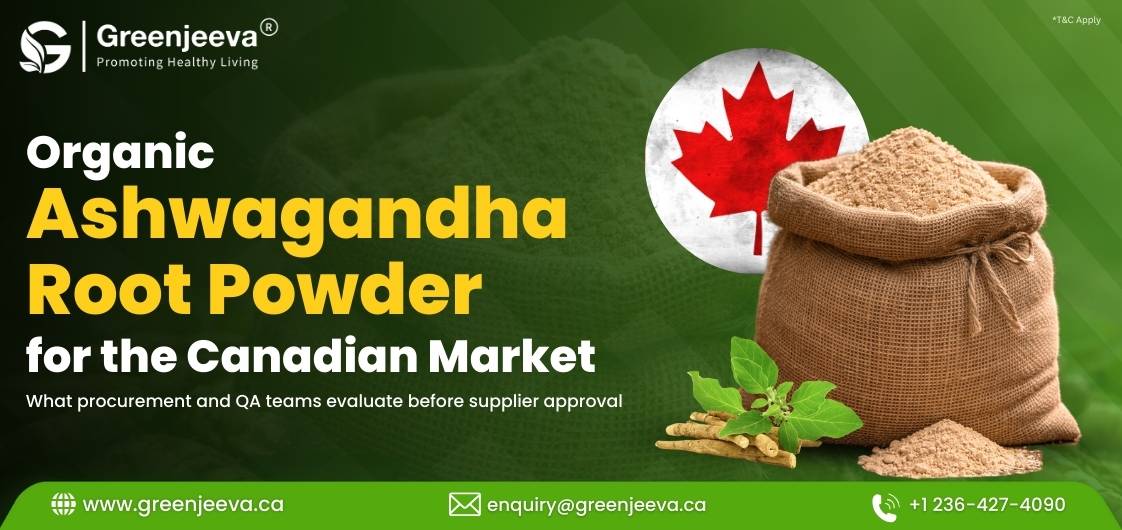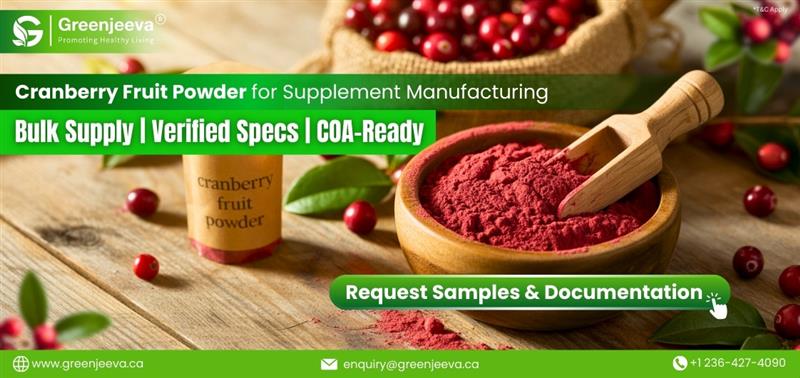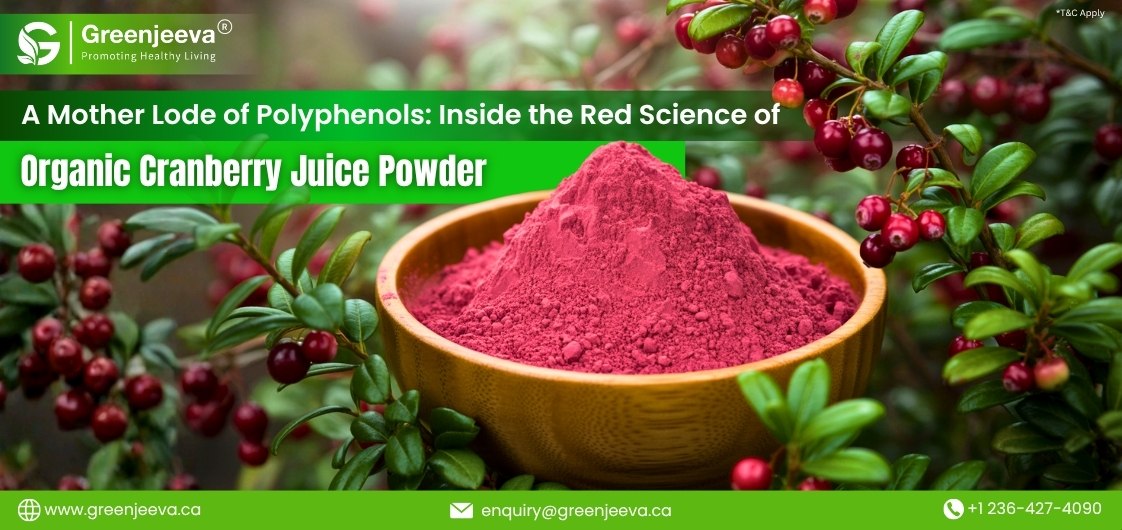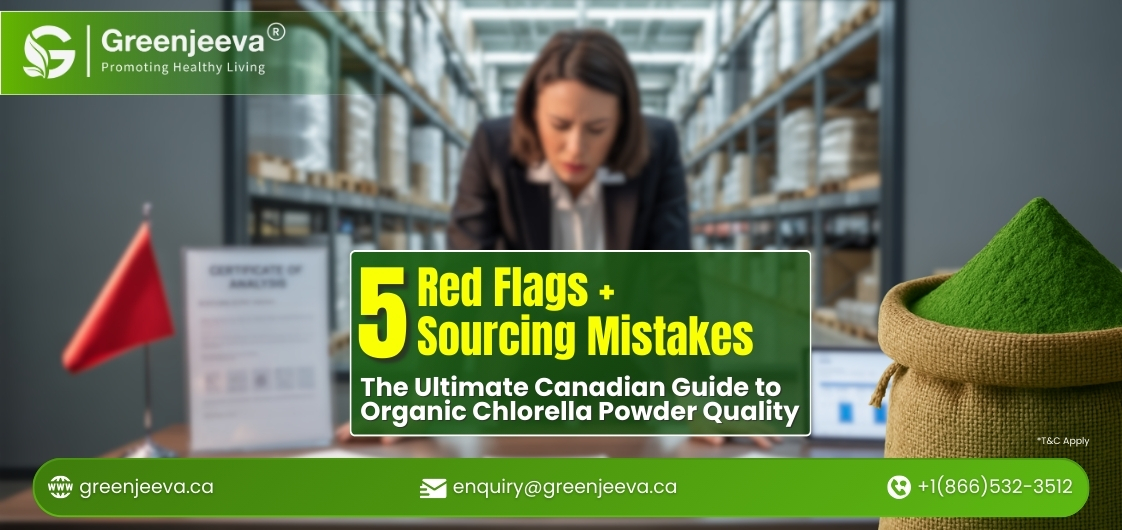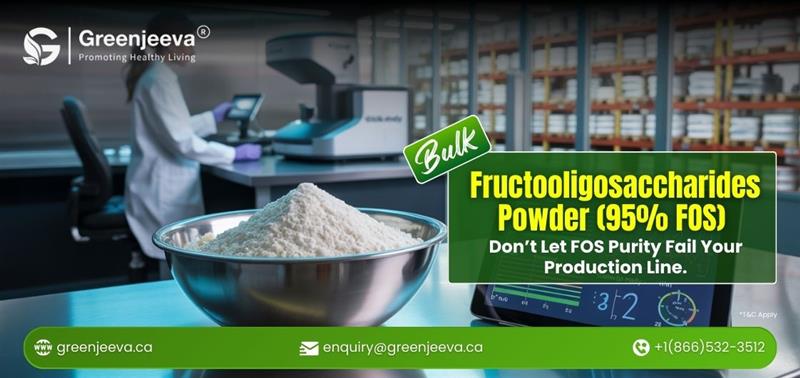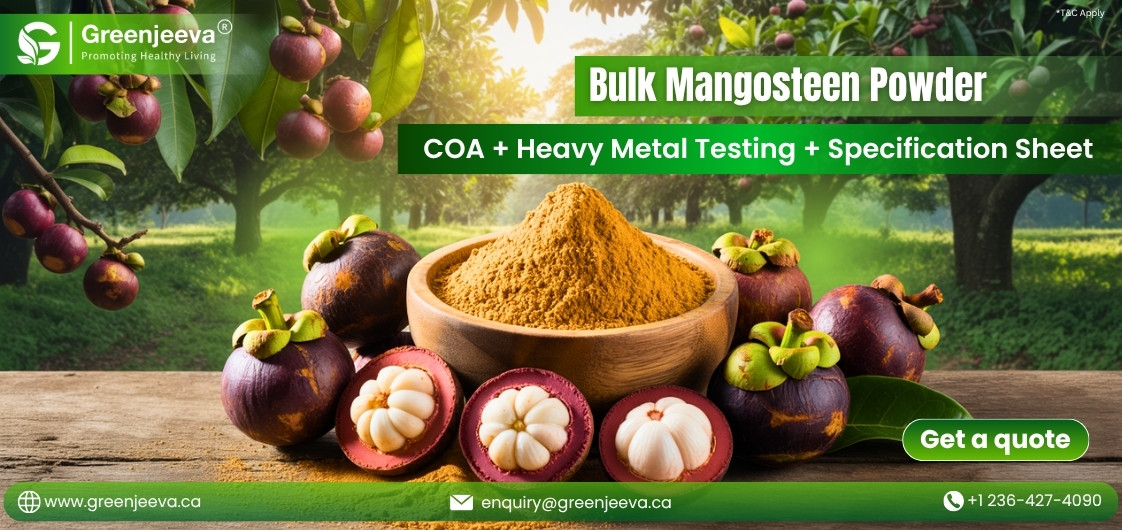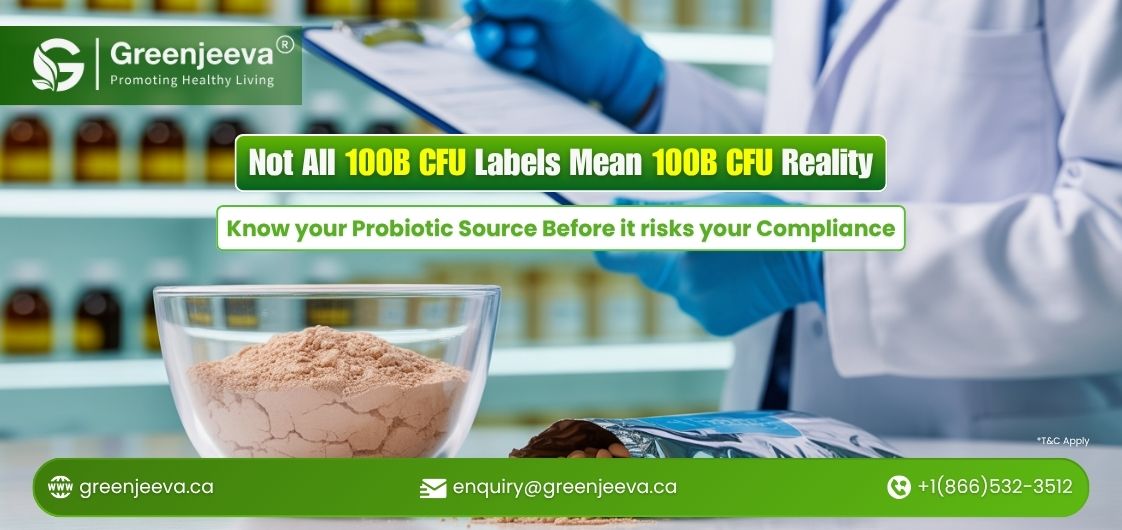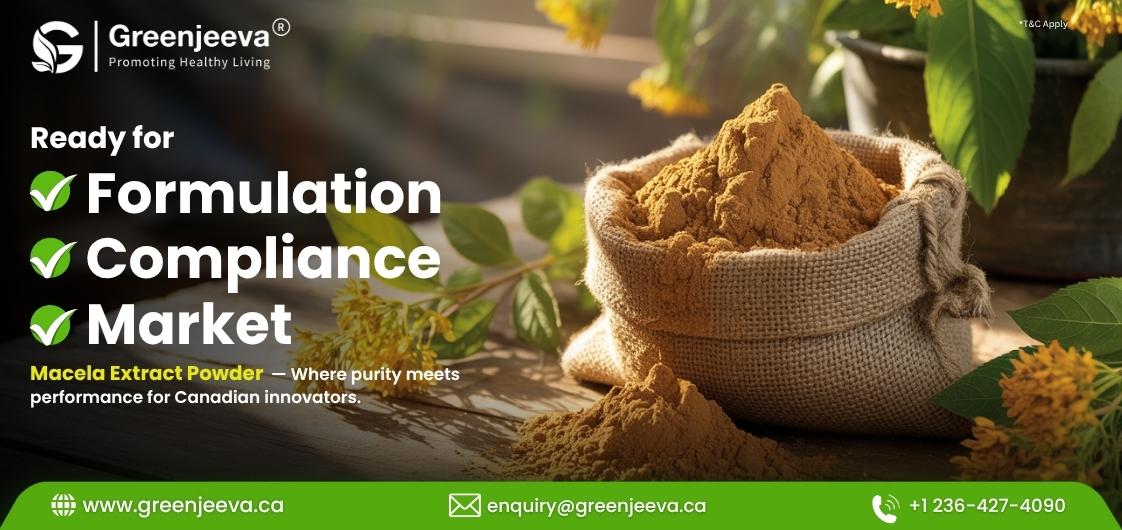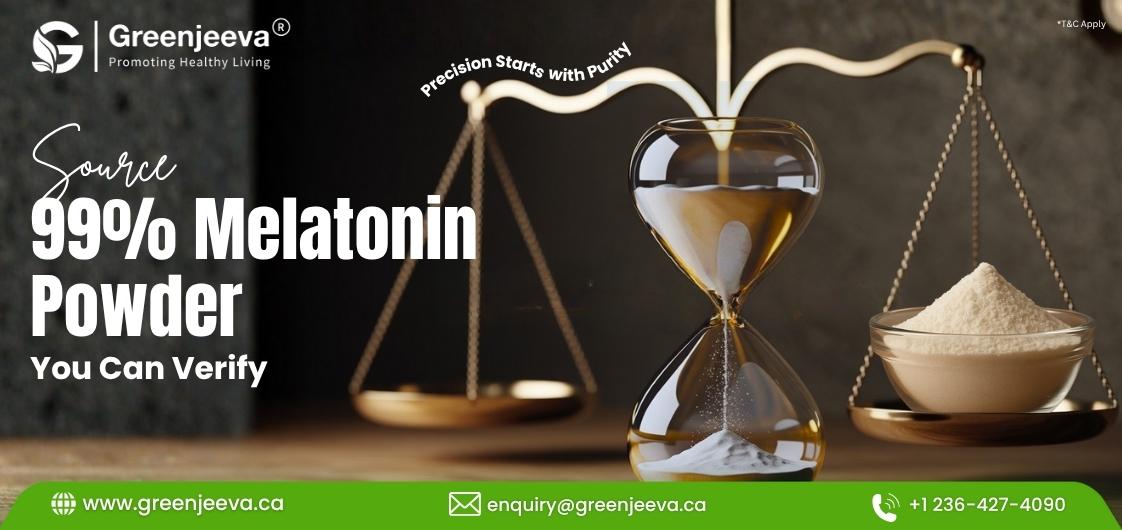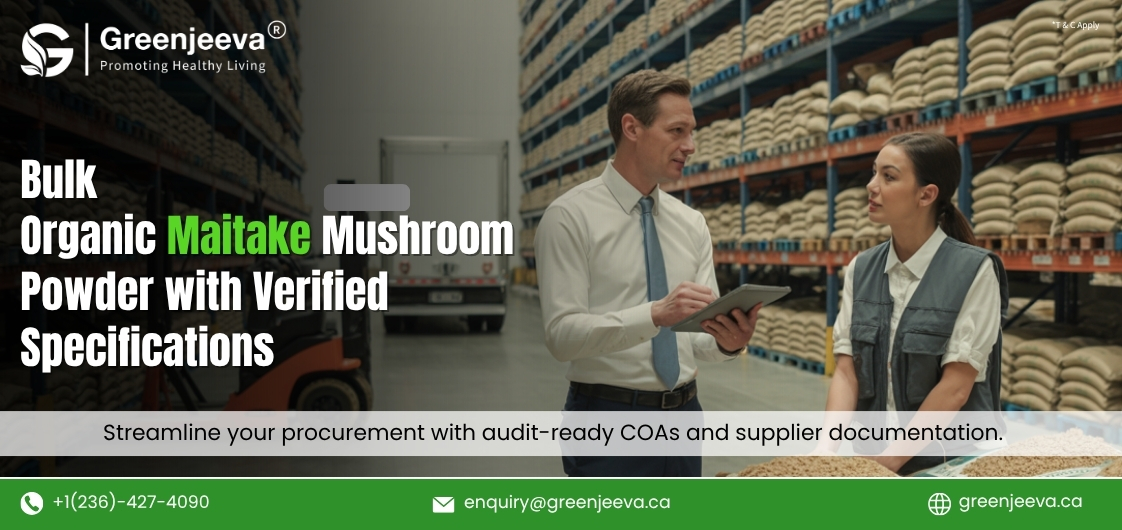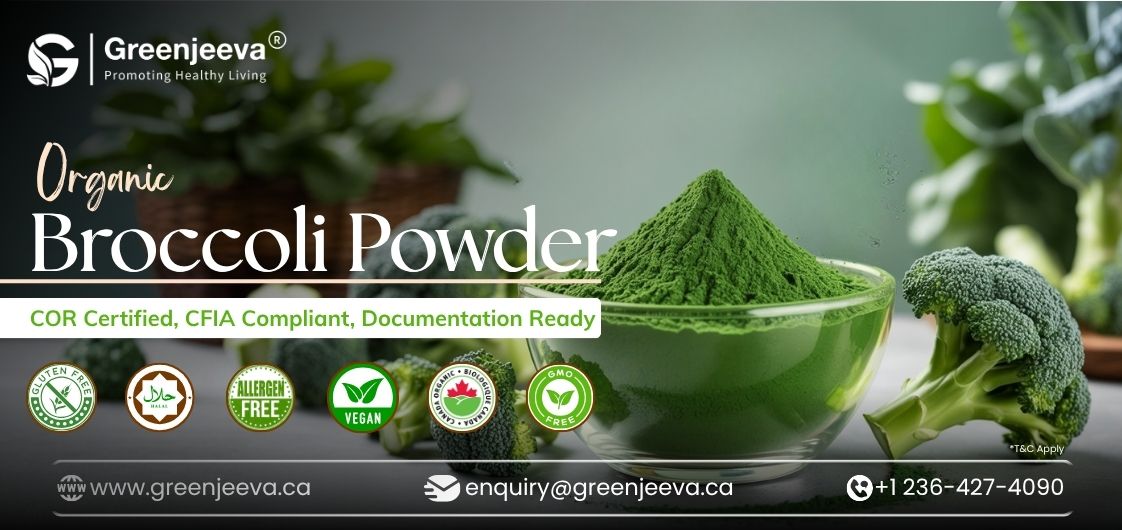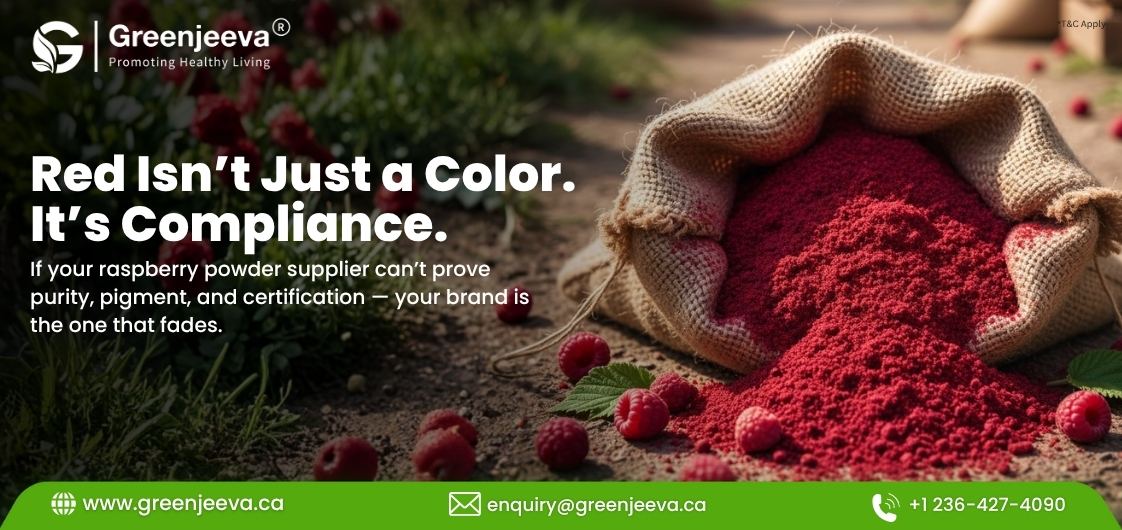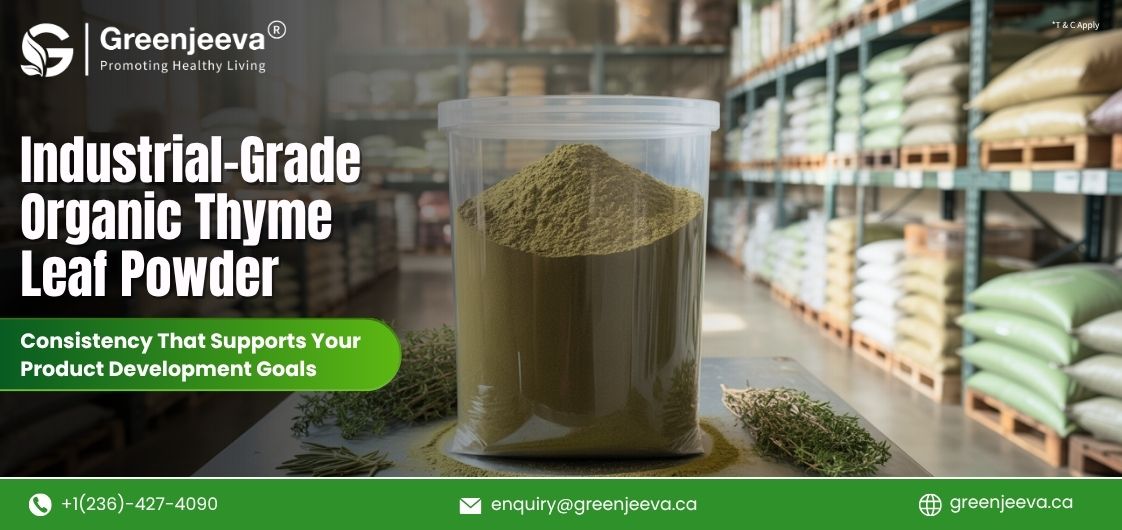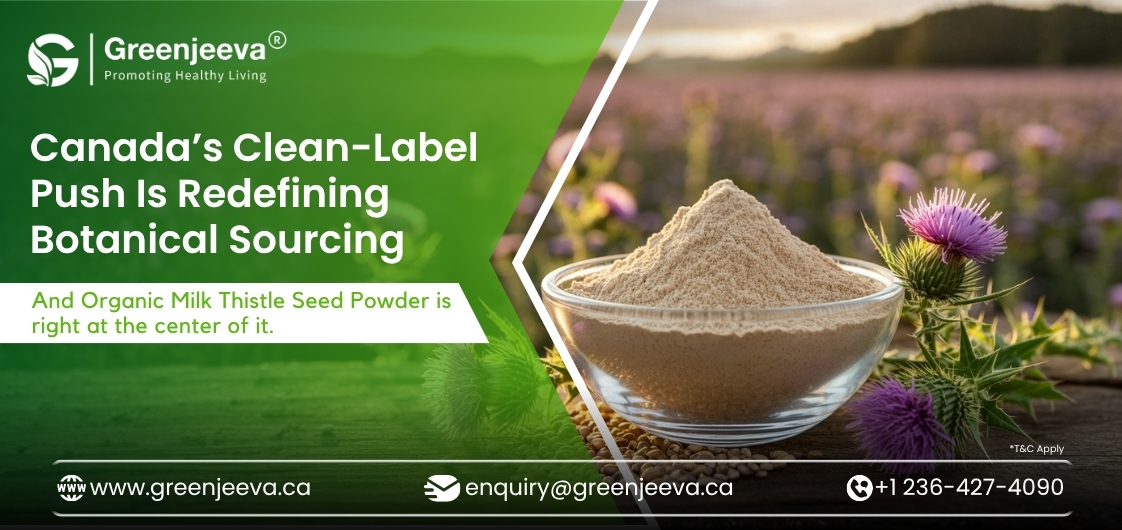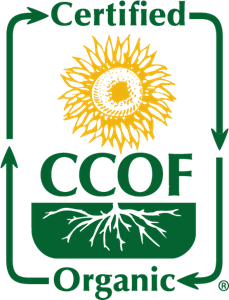Imagine this: you’re the procurement manager for a Canadian nutraceutical company. Your team is developing a women’s health line, and Organic Shatavari Powder seems like the perfect cornerstone ingredient. After months of planning, you place a bulk order from a supplier overseas. The shipment arrives, and at first glance, everything seems fine the powder is light brown, finely milled, and aromatic. But as you prepare it for production, a pressing question lingers: Is this truly 100% organic Shatavari, or are you risking contamination, adulteration, or mislabeling?
For Canadian bulk buyers, this is not a hypothetical worry. The North American herbal supplement market has been growing steadily, with a CAGR of over 9% projected through 2030, driven by rising consumer demand for clean-label, natural, and plant-based ingredients. Shatavari (Asparagus racemosus), known for its adaptogenic and women’s health benefits, is among the most sought-after Ayurvedic roots in this surge. Yet, sourcing authentic, high-quality organic Shatavari in bulk remains a challenge even experienced buyers face issues with inconsistent quality, adulterated shipments, and questionable certification.
This guide walks Canadian bulk buyers through the critical steps to verify authenticity, ensure organic integrity, and reduce sourcing risks, providing actionable insights for confident procurement decisions.
1. Understanding the Market Demand for Shatavari in Canada
Shatavari’s appeal is no longer confined to traditional Ayurvedic markets. Canadian consumers increasingly seek adaptogenic herbs for hormonal balance, stress support, and overall wellness. According to a 2024 report by Grand View Research, the global Shatavari extract market is expected to reach USD 42 million by 2033, with North America accounting for a growing share.
Key trends driving demand among Canadian buyers:
– Clean-Label Products: More than 65% of Canadian consumers actively choose products labeled organic or natural. Bulk buyers sourcing Shatavari must ensure traceable, certified organic status to meet this expectation.
– Women’s Health Supplements: Shatavari is widely incorporated into capsules, powders, and teas targeting reproductive and hormonal wellness.
– Functional Beverages & Nutraceuticals: Powdered Shatavari is increasingly used in blends and functional drinks, requiring consistent solubility and purity to maintain product quality.
For Canadian buyers, understanding these trends is crucial: the more strategic the sourcing from a reliable bulk organic Shatavari powder supplier, the greater the potential ROI in a competitive herbal supplement market.
2. Why Organic Certification Is Non-Negotiable
The term “organic” carries weight, but not all labels guarantee authenticity. For bulk buyers, certifications are the most reliable way to assess legitimacy.
Key certifications to consider:
– Canada Organic Regime (COR): Administered by the Canadian Food Inspection Agency (CFIA), this standard ensures adherence to strict organic farming practices, including prohibition of synthetic pesticides and fertilizers.
– USDA Organic: Recognized in Canada under the Canada-US-Mexico Agreement (CUSMA), USDA Organic certification signals that products meet international organic standards.
– Third-Party Certifications: Bodies like Ecocert, Quality Assurance International (QAI), and Control Union certify that the product meets global organic and quality standards.
Buyer insight: Bulk buyers should request copies of certifications from their organic Shatavari powder exporter or organic Shatavari powder wholesaler and verify their validity directly with certifying agencies. Doing so reduces the risk of purchasing non-compliant or adulterated Shatavari powder.
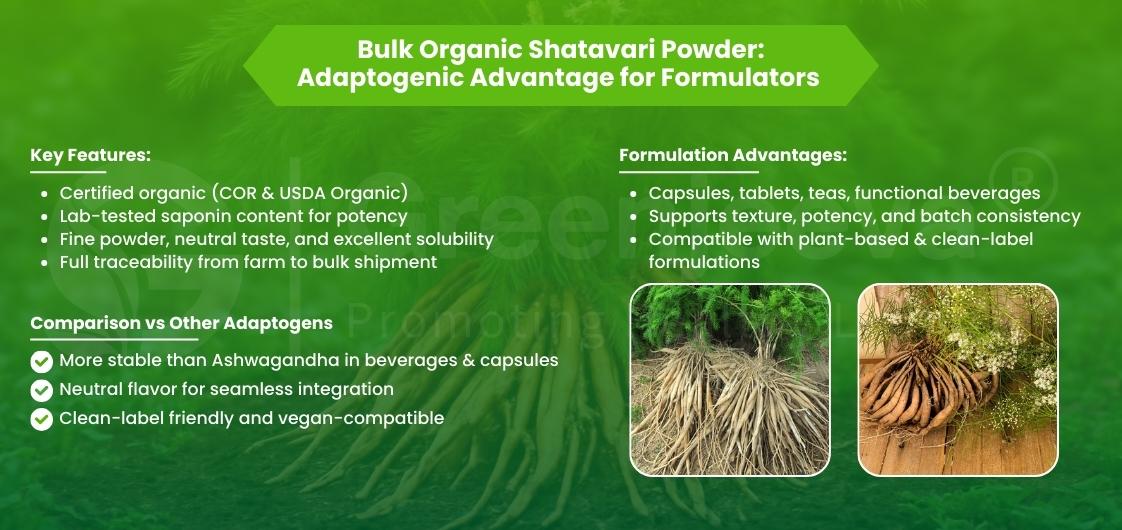
3. Hidden Risks in Bulk Shatavari Powder
Sourcing Shatavari powder comes with inherent risks, particularly when dealing with international suppliers. Canadian buyers need to be vigilant about these challenges:
– Adulteration: Some suppliers mix Shatavari with cheaper roots or fillers to cut costs. This compromises potency and can affect product efficacy.
– Heavy Metals: Shatavari roots can absorb lead, arsenic, and cadmium from soil. Without proper testing, these contaminants can end up in your product, risking recalls and regulatory penalties.
– Microbial Contamination: Improper drying or storage can introduce bacteria or mold, making the powder unsafe for consumption.
– Inconsistent Saponin Content: Saponins are the key active compounds in Shatavari. Poor harvesting or drying methods can lead to variable potency, affecting formulation consistency.
Case in point: A 2022 survey of imported herbal powders into Canada revealed that over 20% failed at least one safety or quality test, emphasizing the importance of due diligence when sourcing in bulk and working with a trustworthy organic Shatavari powder supplier.
4. How to Verify Authenticity in Shatavari Powder
Bulk buyers can’t rely solely on certification; verification should include both sensory and laboratory checks:
– Visual & Sensory Checks: Authentic Shatavari powder is light brown to pale yellow with a mildly earthy aroma. Greenish or dark clumps may indicate contamination or poor quality.
– Solubility Test: True Shatavari dissolves evenly in water. Lumps or residues can indicate fillers or improper processing.
– Lab Testing: Request a Certificate of Analysis (CoA) for heavy metals, pesticide residues, microbial load, and saponin content. Independent third-party lab testing is recommended.
– Traceability Documentation: Verify the supplier can trace the powder from farm to warehouse. Transparency reduces risk and ensures ethical sourcing, which is why Canadian buyers should prioritize a bulk organic Shatavari powder supplier with robust traceability systems.
5. Practical Bulk Buying Tips for Canadian Procurement Teams
To make sourcing smoother and safer, Canadian bulk buyers should:
– Vet Suppliers Thoroughly: Ask for multiple years of CoA, references from other bulk buyers, and details on harvesting and processing methods.
– Request Samples: Test powder before committing to large orders, checking for solubility, aroma, and lab verification.
– Plan for Seasonality: Shatavari is seasonal; ensure the supplier can provide consistent supply throughout the year.
– Consider Packaging & Storage: Proper moisture-resistant packaging prevents degradation during transit and storage.
Ask Critical Questions:
– “Can you provide third-party lab testing for every batch?”
– “What is your supply chain traceability from farm to warehouse?”
– “How do you maintain consistent saponin levels?”
6. Navigating Regulatory Compliance in Canada
Bulk buyers must comply with Canadian regulations:
– Import Requirements: Ensure all imported Shatavari complies with CFIA standards and, if applicable, Health Canada notifications.
– Labeling Compliance: Organic claims must match certifications, and all labels must follow Canadian regulations.
– Record Keeping: Maintain detailed documentation of all shipments, lab results, and certifications to demonstrate compliance if audited.
Aligning with a compliant bulk organic Shatavari powder supplier ensures smoother imports and quicker product launches in the Canadian market.
7. Strategic Considerations for the Future
The market for Shatavari is evolving:
– Growth in Functional Foods: Shatavari is increasingly included in blends and ready-to-drink functional beverages, driving demand for high-quality, fine powders with consistent potency.
– Consumer Scrutiny: Canadians are scrutinizing labels and ingredient origins. Bulk buyers who prioritize traceable, certified organic products gain a competitive advantage.
– Sustainability & Ethical Sourcing: Wild-harvested Shatavari is limited. Cultivated, certified organic sources are more scalable, ethical, and reliable for long-term contracts.
Tip: Forward-thinking buyers consider not only quality but also supplier reliability, sustainability, and consistency, ensuring uninterrupted supply and regulatory compliance. Working with a transparent organic Shatavari powder exporter helps Canadian buyers secure this advantage.
Conclusion: Sourcing With Confidence
For Canadian bulk buyers, purchasing 100% bulk organic Shatavari powder is more than a transaction—it’s a strategic decision. By focusing on:
– Verified organic certification
– Lab-tested purity and saponin content
– Traceable supply chains
– Compliance with Canadian regulations
– Supplier reliability and transparency
…buyers can mitigate risks, ensure product quality, and stay ahead in the competitive herbal supplement market.
In today’s fast-growing North American wellness industry, informed sourcing decisions don’t just protect your products they protect your brand, your consumers, and your bottom line. High-quality, traceable, and genuinely organic Shatavari powder is the foundation for credible, premium formulations that meet both market demand and regulatory standards.






